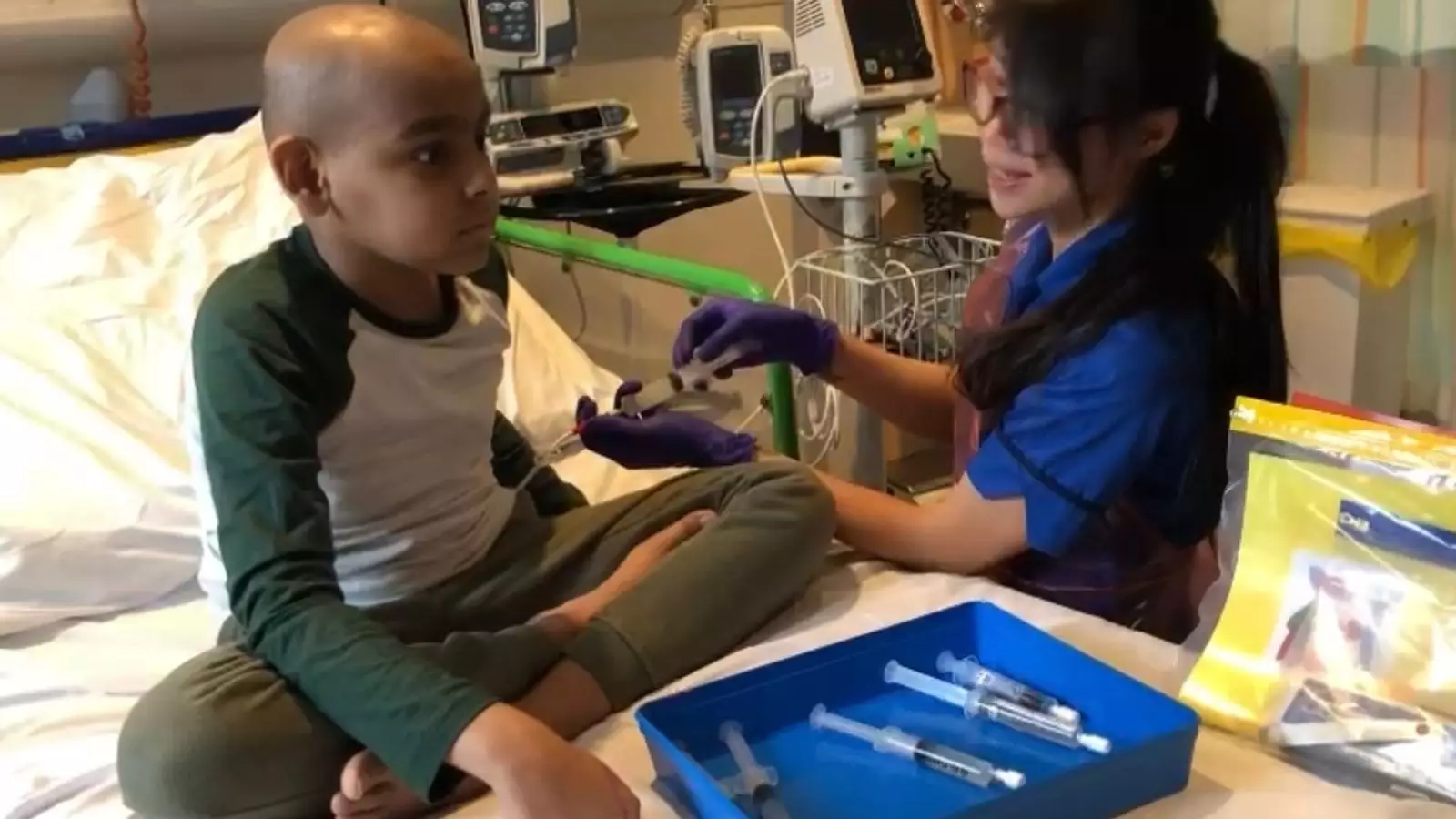In recent years, the NHS has made significant strides in providing faster access to new and innovative cancer treatments for patients. One such example is the case of Yuvan Thakkar, a 16-year-old who became the first NHS patient to undergo CAR-T therapy using tisagenlecleucel (Kymriah) at Great Ormand Street Hospital. This therapy, which involves modifying the body’s immune cells to recognize and destroy cancer cells, has been a game-changer for patients like Yuvan. He described his treatment as a turning point, with his health improvement feeling like a “slope going up”.
The NHS Cancer Drugs Fund, established in 2016, has played a crucial role in providing access to new treatments for cancer patients. Over the past eight years, nearly 100,000 patients have benefited from this fund, receiving treatments that have been approved by the National Institute for Health and Care Excellence (NICE). This fund has particularly benefited individuals with common cancers such as breast, lung, colorectal, and prostate, as well as those with less common types like ovarian, cervical, kidney, and leukaemia. Additionally, patients with rare cancers including thyroid and biliary tract have also been able to access new treatments through this fund.
For patients like Yuvan, faster access to innovative cancer treatments has meant more than just medical intervention. Yuvan, who spent his childhood battling leukaemia, can now focus on his education and sit for his GCSEs, thanks to the timely access to CAR-T therapy. His experience highlights the importance of not only treating the disease but also allowing patients to lead fulfilling lives beyond their diagnosis. The ability to access life-changing interventions quickly has paved the way for a brighter future for many cancer patients, enabling them to spend more quality time with family and friends.
While the achievements in providing faster access to cancer treatments are commendable, there are still concerns surrounding the backlog of cancer cases and delays in treatment. Professor Pat Price, a leading oncologist, has raised alarm about the 250,000 patients who have not received timely treatment since the pandemic. The downgrade in treatment targets and delays in care delivery have created a crisis situation in cancer treatment, with many patients missing out on essential interventions. This setback poses a significant challenge in achieving optimal outcomes for individuals battling cancer.
The progress made in providing fast-track access to new cancer treatments through initiatives like the NHS Cancer Drugs Fund is undeniable. However, it is crucial to address the existing challenges, such as the backlog of cases and delays in treatment, to ensure equitable access to life-saving interventions for all cancer patients. By critically evaluating the current state of cancer care and advocating for improved policies and practices, we can strive towards a more effective and efficient healthcare system that prioritizes the well-being of individuals affected by cancer.



Leave a Reply